After having carried out all possible tests and investigations, the International Testing Agency, or ITA, confirmed on Thursday that the no-fault verdict for 23 Chinese swimmers involved in a 2021 contamination case was a solid and reasonable decision.
The ITA, an independent organization based in the Swiss city of Lausanne that manages global anti-doping programs, has carried out all investigative steps and targeted testings regarding the case involving the Chinese athletes, in cooperation with the World Anti-Doping Agency, or WADA, and the United States Anti-Doping Agency, as diligently and responsibly as possible, according to ITA director-general Benjamin Cohen.
"In the course of 2022, we worked with WADA to obtain the case file and with a number of agencies ... We looked at it and followed up with some intelligence and investigation activities, as well as testing activities on those athletes," Cohen said at a news conference at the Main Press Center in Paris, France on the eve of the 2024 Olympic Games' opening ceremony.
"We also worked with USADA, which also received anonymous information. When this matter became public, there were a number of side investigations we wanted to look at," Cohen said. "Since the matter came to light, we have done some targeted testing and investigative steps. Today, we have not come across any reliable evidence to challenge the contamination theory.
"If we were to receive information that would challenge this theory, it would be a different discussion. We want to continue to look at this matter in cooperation with all partners. We are not able to tell you that we have concrete evidence to suggest otherwise."
During a Chinese domestic championships in early 2021, 23 swimmers' doping tests returned with positive results for trimetazidine, which was proven by a later CHINADA investigation to have been a food contamination incident at the athletes' hotel during the championships.
After thoroughly probing the case, and with support from external consultations, both World Aquatics, the international governing body for swimming, and WADA agreed with the China Anti-Doping Agency's conclusion that it was a contamination incident and decided not to appeal the ruling.
No athletes involved in the incident was held accountable for intentional doping violations, neither were any suspensions imposed.
Chinese athletes, in particular the country's swimming squad, have had to cooperate with ITA staff and complete tests more rigorously and more regularly than their elite counterparts from countries including the United States, Great Britain, and Australia in the lead-up to the Paris Games, as confirmed by ITA data, but have had no complaints and only respect for the agency's work, Cohen said.
"Athletes also ask for more tests for anti-doping. Our Chinese partners understand the situation. It is sometimes the cost to pay to bring credibility to the system, to accept being tested and show that they are clean. We have received no complaints from the athletes," he said. "CHINADA has conducted tests, and we have tested Chinese athletes here in France. We both tested these Chinese athletes, which may have increased the number of tests.
"It's important to have a fair test distribution plan and to test athletes irrespective of their nationality. All swimmers today are subject to testing, maybe more in the delegation you mentioned because of the issue that was reported. But this is necessary to ensure trust in the system."








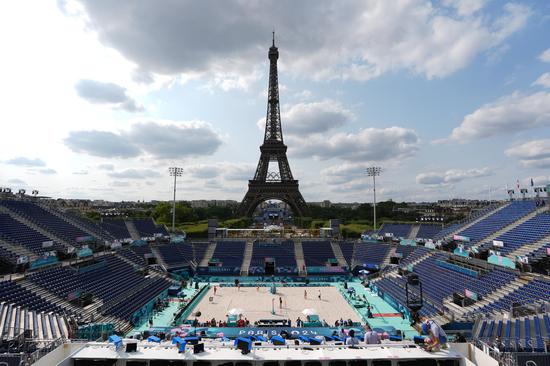
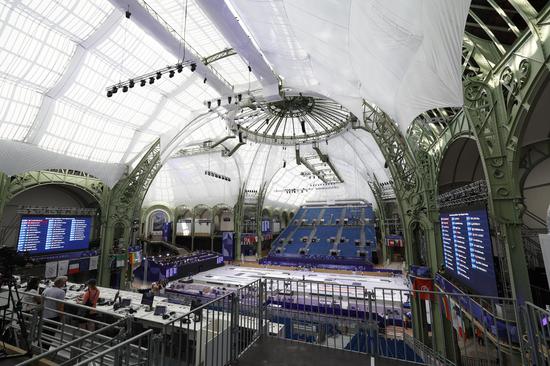
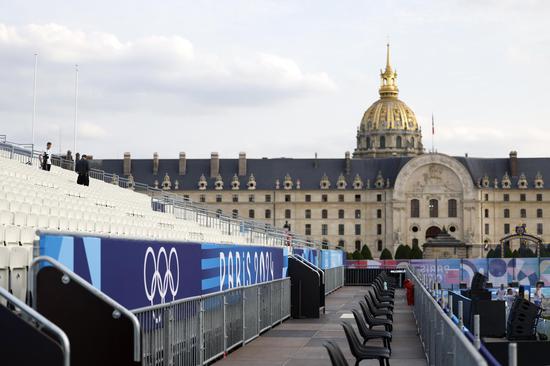

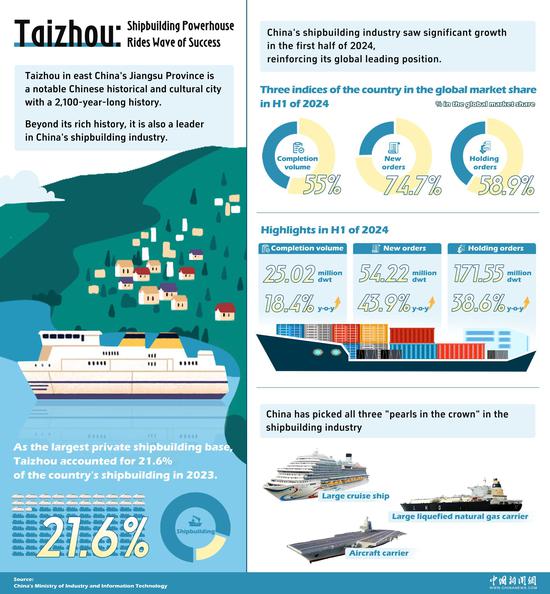
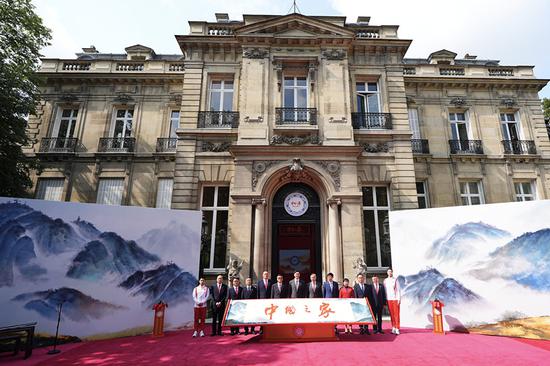
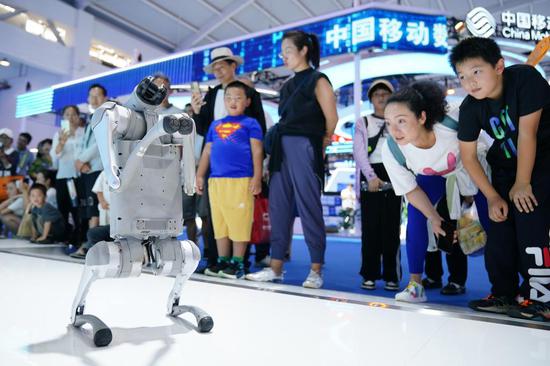


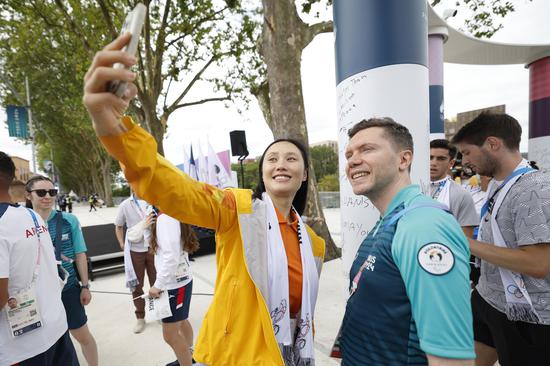




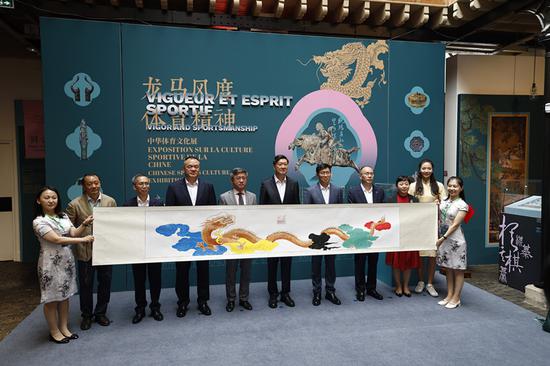
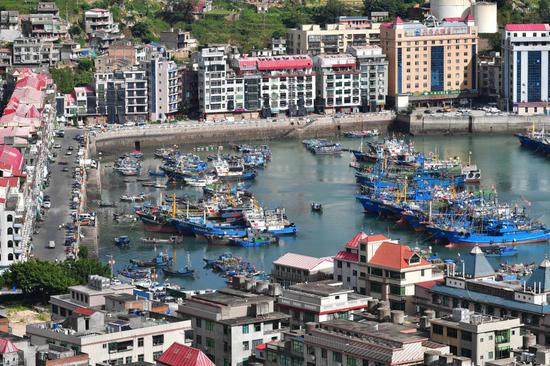
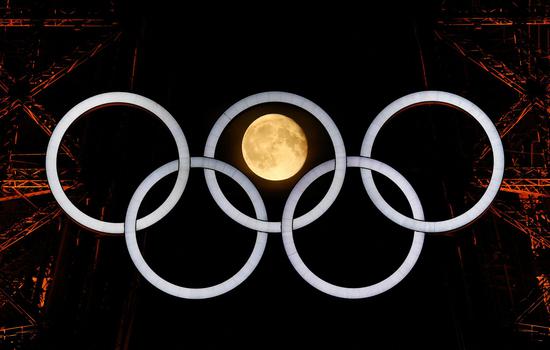
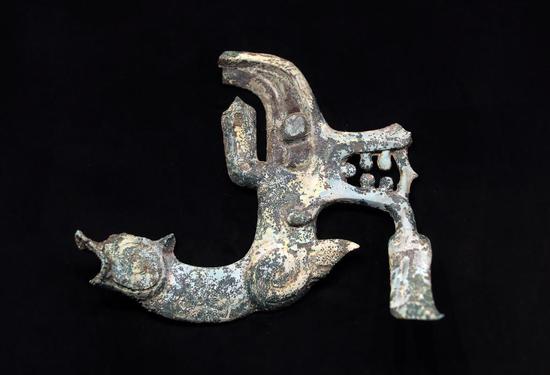


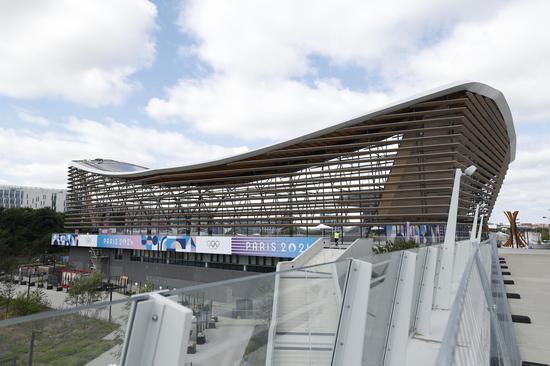
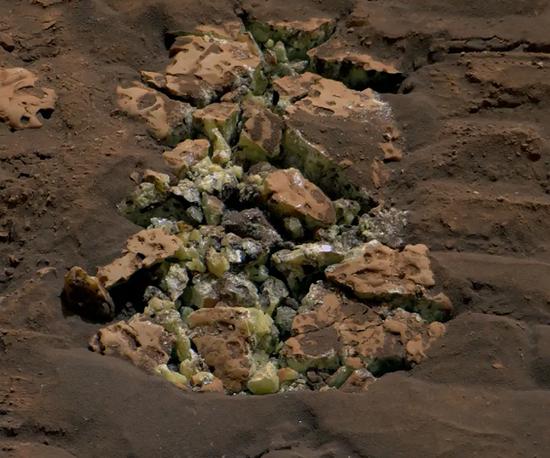


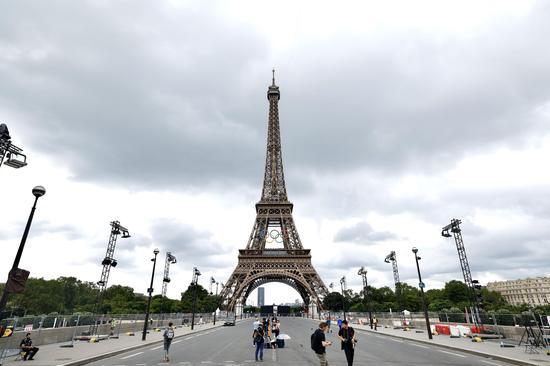
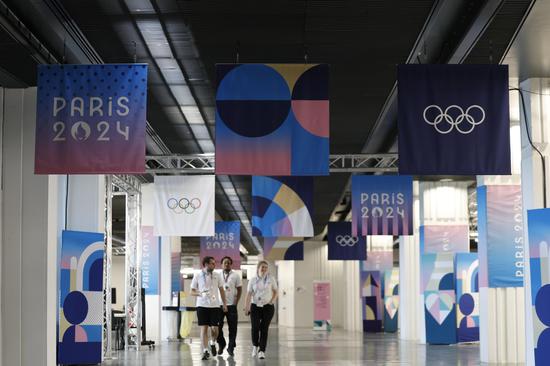




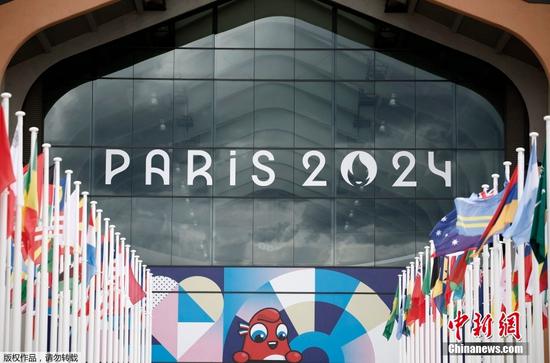
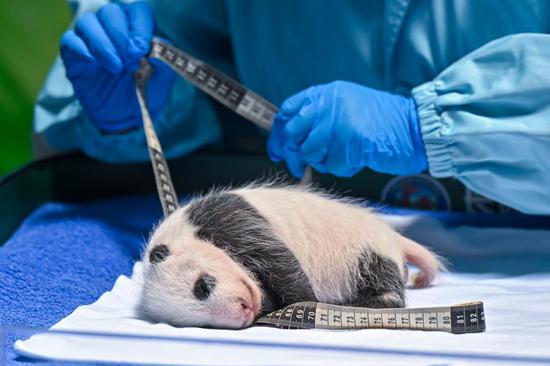

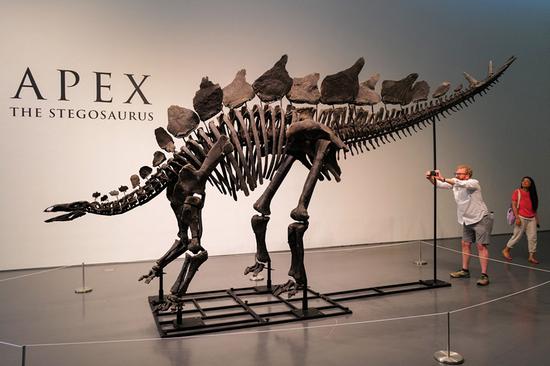




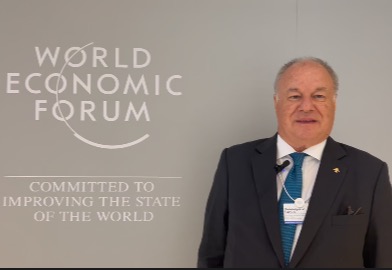



 京公网安备 11010202009201号
京公网安备 11010202009201号